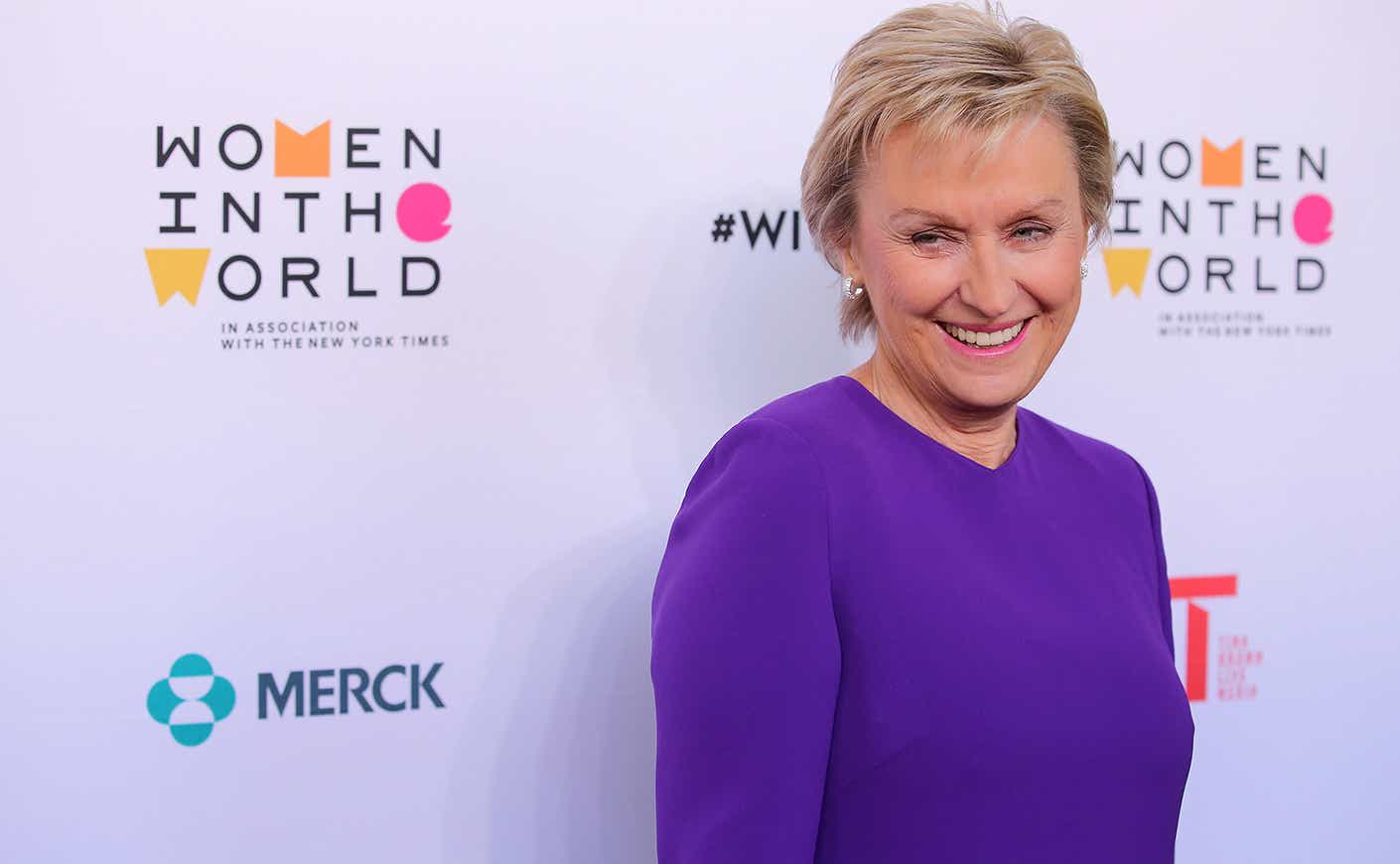I’m thrilled to be moderating a panel on feminism at the 10th annual Women in the World Summit. Read below for my conversation with Tina Brown, the powerhouse organizer, and learn what she thinks about a new generation of female leaders and how men are reacting to this massive power shift.
Katie Couric: This is the Women in the World Summit’s tenth year — congratulations! What was the initial spark of inspiration that led you to this idea? How has it evolved over the years?
Tina Brown: It was pure journalistic passion and love of storytelling that made me launch the Women in the World Summit in 2009. I felt there were so many remarkable unheard women from all over the world doing courageous, innovative things that American audiences were not exposed to. I had met many of these women through my involvement with the non-profit Vital Voices which mentors emerging female leaders around the world. The summit began with one sponsor and an audience of 300 at a small midtown theater in Manhattan, but now plays to a sold-out audience of 7,500 at New York’s Lincoln Center over three days every spring. I can hardly believe this year is our 10th anniversary summit, which will run from April 10th to 12th. We have such a great lineup that includes Oprah, Brie Larson, Priyanka Chopra Jonas, Stacey Abrams, Susan Rice and Anna Wintour, hero Journalists like Maria Ressa from the Philippines and Carol Cadwalladr from the UK and the great photojournalist, Lynsey Addario.
What sort of alchemy do you hope to create when you’re putting together this mix of women?
This year, the question we are trying to answer at the summit is: Can women save the world? It feels like the perfect moment to ask that and almost all of the women on stage this year are trying to save the world in some fashion–whether it’s calling out the disinformation that is threatening our democracies or saving us all from extinction by taking the lead against global warming.
We’ve seen some very powerful examples of female leadership recently — from New Zealand Prime Minister Jacinda Ardern to House Speaker Nancy Pelosi. What can men learn from them?
They can learn how to be stronger, more intuitive and collaborative leaders.
Before, we had a generation of women leaders who tried to fit into the mold of male leaders. But no more. Speaker Pelosi has become almost like a mother hen keeping her House caucus in line so effectively. Ardern’s leadership and her donning of a hijab after the Christchurch massacre proved transformative in a uniquely female way. With the election of Lori Lightfoot as Chicago’s first female mayor, someone has finally thrown a wrench into the machine that has ruled that city for so long.
You said something recently that I think a lot of women will relate to — “If you’re a woman, you have to be gold in a silver job. Period.” Clearly women are experiencing a transformational moment, but are we any closer to changing the day-to-day realities of inequality?
We have had a watershed moment with #MeToo and the pushback against Trump but the number of Fortune 500 CEOs has gone down, women struggle to raise capital, for all the noise in Hollywood, there were no female directors nominated for an Academy award. There is still so much to do.
Where do you sense men are right now in this moment of change for women? How can we effectively engage them as allies?
Nobody gave up power without a fight as you can see from the 11 white middle-aged men on the Senate Judiciary Committee. I think there are many men who are champions of women and great mentors and others who are angry that the world is telling them their time is up.
You’ve said that Joe Biden is “an amazing, noble guy in many, many ways,” but you also don’t think he should run for President. Why not?
Personally, I am an admirer of most of Biden’s long liberal record. But I think he missed a golden opportunity to get on the right side of history during the Brett Kavanaugh hearings. He could have done a full mea culpa about failing to call the three witnesses in 1991 who were waiting to testify in the Clarence Thomas hearing and would have shared experiences that corroborated Anita Hill. That to me is far more of a problem than whether or not he gives unwanted bear hugs.
We’ve both seen such an incredible evolution in how women are perceived and the opportunities available to them during our lifetimes. Where do you think we go from here? What’s next for women in the world from Tina Brown’s perspective?
Global domination, of course. I have always believed in aiming high.









